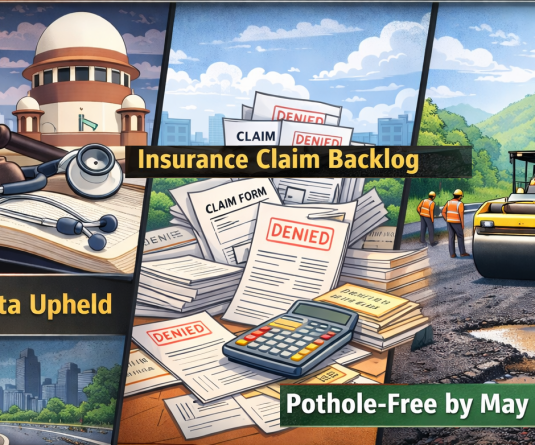Students from a private school in Tuensang. Though, private education sector in Nagaland is lauded for its consistent academic performance, infrastructural investments, and contributions to the state's economy, it is also facing several challenges. (Morung file Photo: for representational purposes only)
.jpg)
23 schools downgraded for low enrolment, irregularities in management
Morung Express News
Kohima | May 25
While the private education sector in Nagaland is lauded for its consistent academic performance, infrastructural investments and contributions to the State's economy, the sector has been not entirely without issues.
One of the major issues has been the downgrading of schools on account of low enrolment and what the Nagaland Board of School Education (NBSE) termed “irregularities in school management,” which included the posting of inflated enrolment figures by certain schools.
As revealed by the NBSE, as many as 23 schools have been downgraded over the past five years (2019-24). The same period saw the upgrading of 37 schools.
Six schools have consistently recorded a pass percentage of less than 30% in the Board examinations over the last five years, while ten (10) schools were found to have 'very low enrolment' raising serious questions about the quality of education catered by the flagged schools.
Additionally, the Board revoked authorisation for two (2) high schools to conduct classes 9 and 10 due to inflated enrolments. Upon physical inspection, it was discovered that one school had only 55 students, while another had just 63, contradicting their reported figures.
In one particular instance, one school was found accommodating classes from A to 10 in only 4 rooms contrary to perception that private schools maintain the highest standards of quality and compliance.
In another instance, the Board revoked permission from a school for enrolling 104 students from an institution that lacked NBSE recognition or permission and was outside the state's jurisdiction.
Some schools were flagged by the Board for allegedly focusing solely on achieving high pass percentage. This included practices such as issuing forced transfer certificates to failed students or passing weaker students, as well as a noticeable lack of childhood enjoyment among students due to excessive homework and test preparation, even on holidays.
At present, enrolment in private education institutions account for 66 percent (2,71,123) of the total 4,07,282 student population of the state.
A holistic approach
Speaking to The Morung Express, NBSE Chairperson, Asano Sekhose said that the Board’s emphasis has been on fostering an educational ecosystem that goes beyond academic achievements.
“The primary purpose of running a school is not just to achieve high pass percentages, but to empower and skilling students to develop the essential values and ethics to navigate the real world,” she asserted.
When asked about the fee structure in private schools, she said it is not practical to set a uniform fee as different schools are providing different infrastructure and facilities for the students.
However, Sekhose held that infrastructure of the school must be progressively improved so that students are provided the best and conducive study environment.
In a recent communication to all registered schools, the Board reiterated the New Education Policy 2020 and National Curriculum Framework for School Education 2023. It stressed on strengthening the foundational stage at all costs and the importance of qualified teachers, while stating that education without qualified teachers is a deterrent to students’ progress.
It has also taken stern stance against certain practices by some schools which are causing a negative impact on the overall educational scenario of the state. It called for focus on implementing appropriate remedial measures to groom the unique capabilities of each child.
Reportedly burdening of students with unwarranted homework and test preparation has been one focus point. While stating that the Board has urged schools to monitor and regulate this area more efficiently, Sekhose maintained that the idea has been to creating a school system where children enjoy learning.
The Board has called upon all registered institutions to join hands and work together towards providing meaningful and bringing about a qualitative change in the overall educational system. To this end, the chairperson said that besides physical verification, the Board has been corresponding with all registered schools raising concerns and reminding them on compliance.
This is the last of a two-part series.






